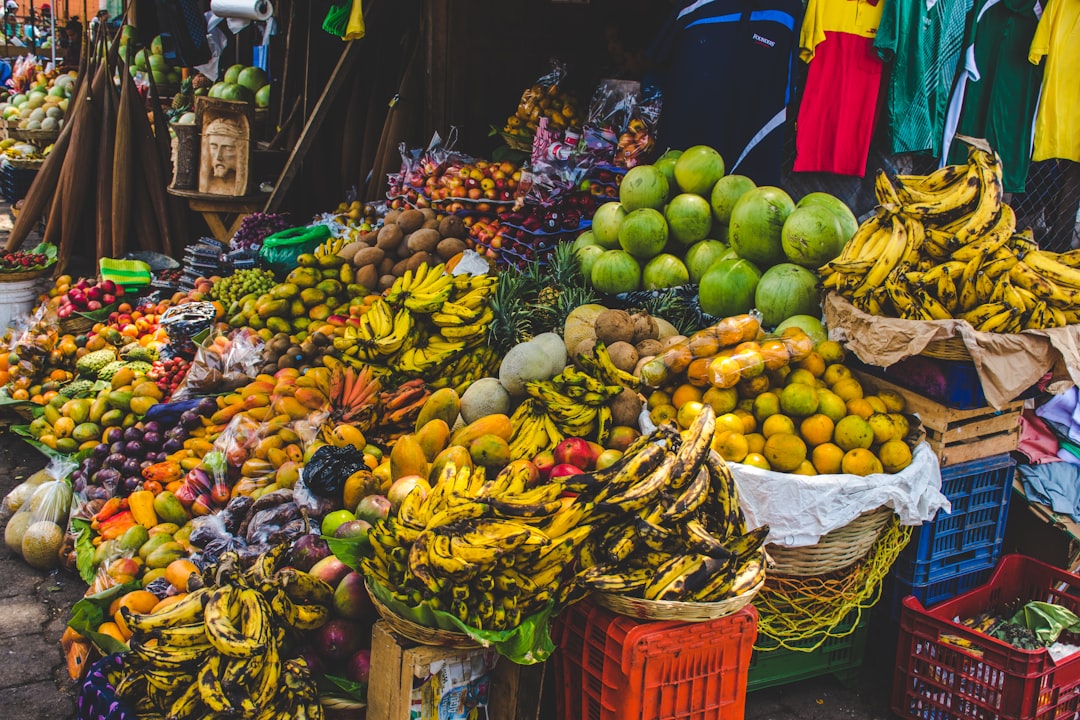What is it about?
This article examines the post-election crisis in Côte d'Ivoire [also known as Ivory Coast] that occurred between 2010 and 2011. In it, I argue that the international community should be more focussed on promoting democratic principles rather than the form or structure of democracy. Any other course of action could result in violent conflict and human rights violations. Unfortunately, the Responsibility to Protect [R2P] has been used as an argument for military intervention rather than prevention of violence. I argue here that the spirit of R2P speaks more about peace than violence. The international community should therefore be more prepared for peace than war.
Featured Image

Photo by Etty Fidele on Unsplash
Why is it important?
The relationship between the international community and fragile states often seems to ignore the needs of the most affected and vulnerable people. The implementation of democracy cannot be effective when spoken through the barrel of a gun [or through the cacophony of aerial bombardment.] Every crisis seems to give birth to further crises. The international community should look for new ways of operating that are focussed on people rather than states or doctrines.
Perspectives
This article reflects a lot of the work I did during my PhD. I believe crises that occur in West Africa provides a good example of the effects of long time international influence in internal affairs. A lot of current North-South relations seem to ignore the history of the crisis. The international community is trying to outrun its shadow; instead of dancing to the beat it wishes to see.
Dr Foluke Ifejola Adebisi
University of Bristol
Read the Original
This page is a summary of: Is Côte d'Ivoire a Test Case for R2P? Democratization as Fulfilment of the International Community's Responsibility to Prevent, Journal of African Law, August 2012, Cambridge University Press,
DOI: 10.1017/s0021855312000071.
You can read the full text:
Contributors
The following have contributed to this page










